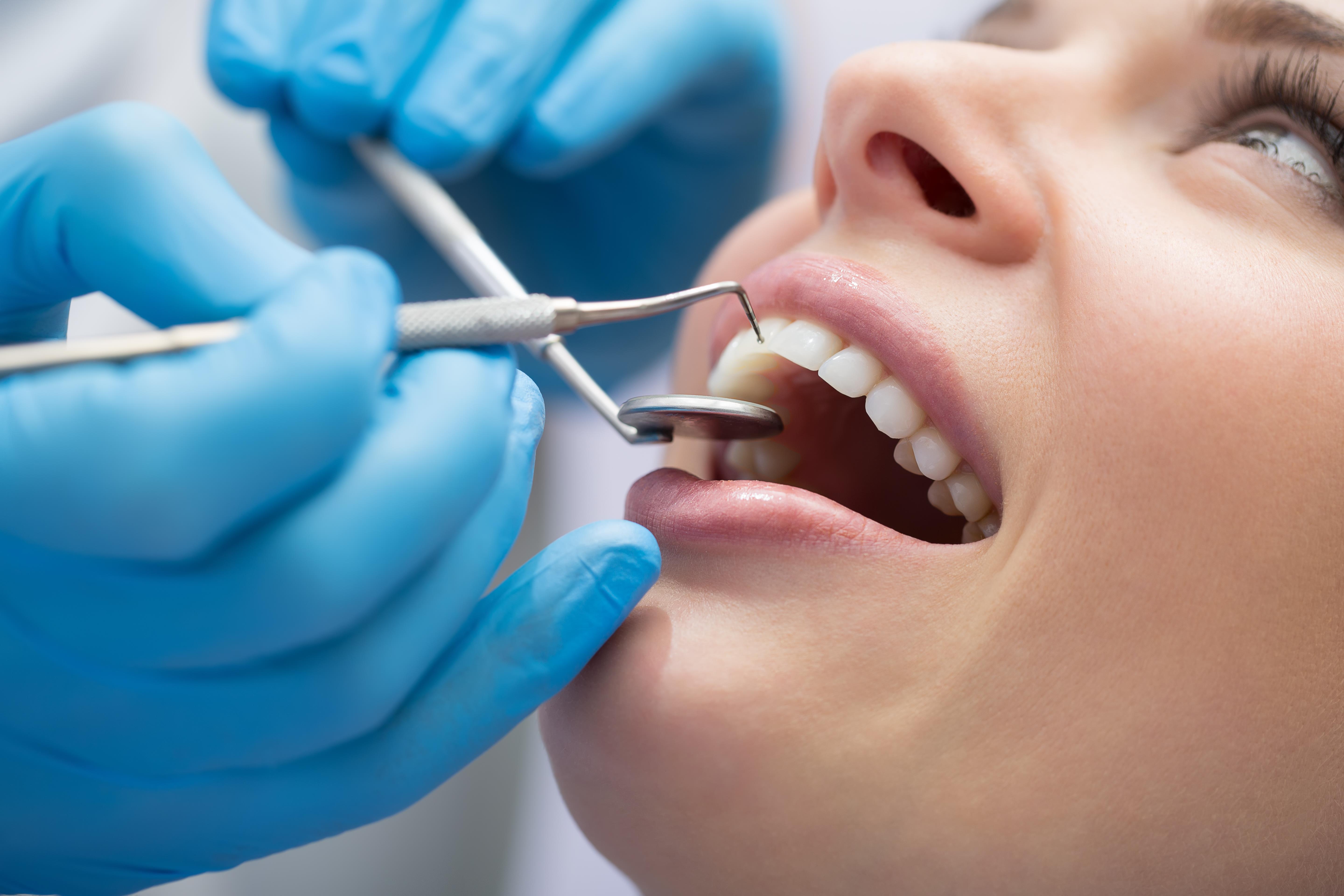Why You Ought To Pick a Local Dentist Eugene for Personalized Treatment
Why You Ought To Pick a Local Dentist Eugene for Personalized Treatment
Blog Article
An Overview to Usual Dental Conditions That Need a Dental professional's Treatment
Understanding the array of dental conditions that necessitate specialist care is extremely important for keeping ideal dental health. Toothaches, as an example, can be symptomatic of severe concerns such as cavities, broken teeth, or abscesses, each calling for specific interventions like fillings or origin canals. Gum tissue illness, from the beginning of gingivitis to much more severe periodontitis, highlights the significance of normal dental exams and cleanings. In addition, impacted knowledge teeth and jaw problems can present considerable pain and problems. Making certain timely sees to the dental expert can mitigate these issues efficiently, however just what are the treatments and indications involved?
Toothaches
Toothaches are a typical oral problem that can range from moderate pain to severe discomfort, typically indicating a hidden problem that needs expert focus. This pain can originate from a variety of sources, including dental tooth cavities, split or fractured teeth, and dental abscesses. Each of these problems postures considerable threats if left neglected, possibly leading to much more extreme problems.
Dental tooth cavities, likewise known as cavities, are triggered by the accumulation of plaque that erodes tooth enamel, leading to holes or pits in the impacted teeth. Abscesses are uncomfortable infections at the root of a tooth or in between the gum tissue and a tooth, usually resulting from serious degeneration or unattended cavities.
Reliable therapy of toothaches entails resolving the source. This may include fillings for dental caries, crowns for split teeth, or origin canals and prescription antibiotics for abscesses. Very early intervention by a dental specialist can prevent additional damage and alleviate pain, making sure optimum dental health and wellness.
Periodontal Illness

The key reason for gum condition is microbial plaque, a sticky, anemic film that regularly bases on teeth. Poor oral hygiene, cigarette smoking, genetic tendency, and particular medical problems, such as diabetic issues, can worsen the risk of creating gum condition. Regular dental check-ups are important for early detection and management of this condition.
Therapy for gum disease varies from expert dental cleaning and scaling to even more innovative treatments like origin planing and periodontal surgical treatment, relying on the severity. Keeping good oral health methods, including cleaning twice daily, flossing, and making use of an antibacterial mouthwash, can considerably reduce the danger of gum illness and advertise healthier gum tissues.
Tooth Cavities
Dental caries, also called cavities, are a typical dental problem defined by the devastation of tooth enamel due to acid-producing microorganisms in the mouth. These bacteria thrive on sugars and starches from food and drinks, creating acids that gradually deteriorate the enamel, leading to dental caries formation.
Early-stage tooth cavities may not show signs, but as they proceed, they can cause tooth pain, sensitivity to chilly or hot, noticeable holes or pits in the teeth, and staining. If left unattended, tooth cavities can pass through much deeper layers of the tooth, possibly causing severe discomfort, infection, and even missing teeth.
Protecting against dental caries entails a mix of good oral health techniques and dietary habits. Normal cleaning with fluoride toothpaste, flossing, and routine dental exams are essential. Dentists might additionally recommend added precautionary procedures, such as fluoride therapies and oral sealants, to protect teeth from decay.
Treatment for tooth cavities relies on their severity. Small cavities can be addressed with dental fillings, which bring back the tooth's structure. Advanced situations may call for crowns or perhaps root canal treatment if the decay has actually gotten to the tooth's pulp. Prompt intervention by a dental expert is necessary to avoid difficulties and preserve general oral wellness.
Impacted Knowledge Teeth
Impacted knowledge teeth are a widespread oral problem that happens when the 3rd molars, commonly referred to as knowledge teeth, stop working to fully arise or straighten properly within the mouth. This condition commonly arises from inadequate room in the jaw or an uncommon development angle of the teeth. Affected knowledge teeth can bring about a range of issues, consisting of try this website damages, infection, and discomfort to adjacent teeth.
When wisdom teeth become affected, they are commonly partially appeared or remain totally underneath the periodontal line. This partial eruption can produce a pathway for germs to get in the gum tissues, causing infections that manifest as swelling, pain, and also high temperature (eugene dentist). Additionally, affected wisdom teeth can put in stress on bordering teeth, possibly triggering crowding or shifting
A comprehensive oral evaluation, commonly entailing X-rays, is essential for detecting impacted knowledge teeth. Therapy commonly entails medical removal, carried out by an oral doctor. The procedure intends to ease pain and stop more complications, such as cysts or damages to surrounding bone structures. Post-operative care is crucial to guarantee correct recovery and decrease the danger of infection. go to these guys Normal dental examinations are suggested to keep track of the condition and preserve oral wellness.
Jaw Problems
Final Thought

Oral cavities, likewise recognized as caries, are created by the build-up of plaque that erodes tooth enamel, leading to openings or pits in the influenced teeth. Abscesses are agonizing infections at the root of a tooth or in between a tooth and the gum, generally resulting from serious degeneration or unattended cavities.
Affected knowledge teeth are a widespread oral problem that happens when the third molars, frequently referred to as wisdom teeth, fall short to completely emerge or straighten effectively within the mouth. Affected knowledge teeth can lead to a selection of problems, consisting of pain, damage, and infection to adjacent teeth.
Additionally, affected wisdom teeth can apply pressure on neighboring teeth, possibly causing crowding or moving.
Report this page